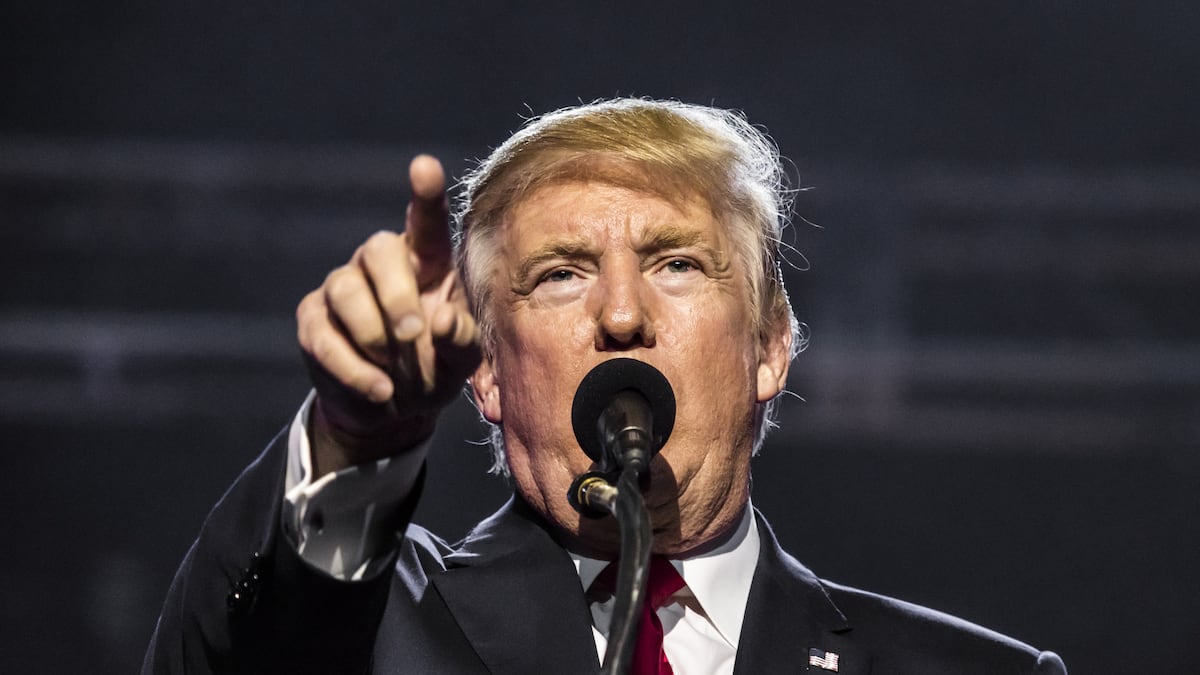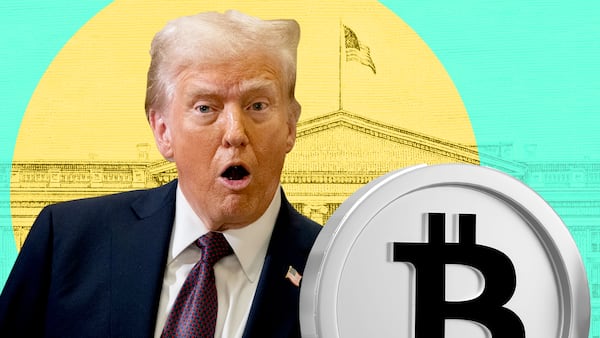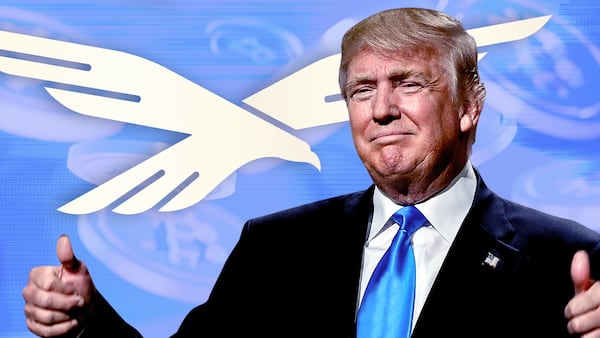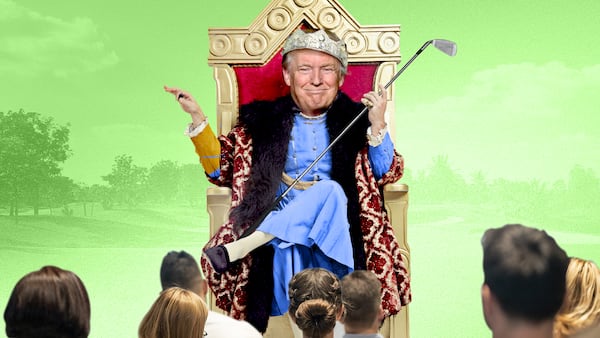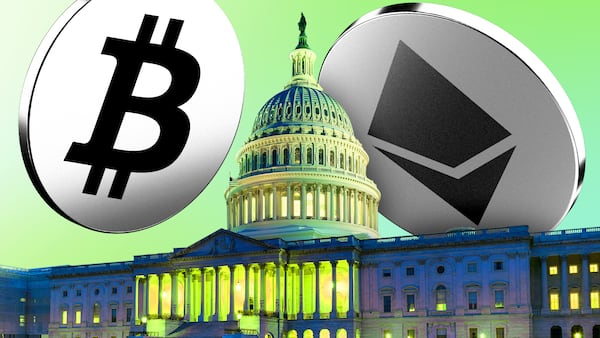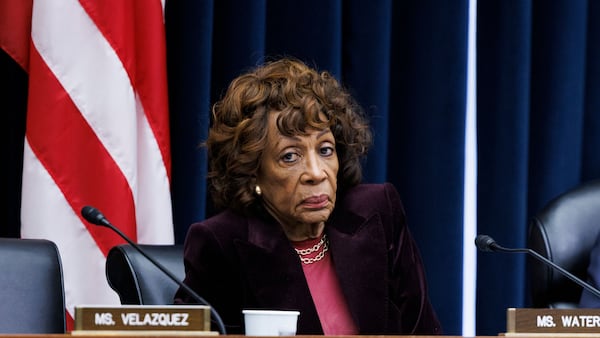- A dozen Republicans hamstrung key crypto bills on Tuesday.
- President Trump says he’s already convinced dissenters to vote in favour.
A day after a landmark stablecoin bill was delayed by more than a dozen wary Republicans in the US House of Representatives, President Donald Trump insisted that he’d brought the dissenters around.
“I am in the Oval Office with 11 of the 12 Congressmen/women necessary to pass the Genius Act,” the president wrote Tuesday evening on his social media site Truth Social.
The Genius Act, which sailed through the Senate last month, is expected to ultimately win approval and establish a regime for the issuance and management of stablecoins.
But on Tuesday, the act unexpectedly failed to pass a procedural vote by 223 to 196.
‘Crypto Week’
The development put a damper on the GOP’s self-styled “Crypto Week,” in which two other key pieces of legislation are expected to have House votes.
The sticking point for some, including hardline House Republicans Marjorie Taylor Greene and Arizona Rep. Andy Biggs, is a missing provision that would ban the creation of a CBDC.
Their move threatens to monkeywrench the legislative agenda because a separate bill, the Anti-Surveillance CBDC Act, is already designed to bar the Federal Reserve from issuing a digital currency.
Short discussion
Rep. Steve Scalise, the House Majority Leader, switched his vote to “no” in order to call for a revote at a later date.
“After a short discussion, they have all agreed to vote tomorrow morning in favour of the rule,” Trump said in his post.
He has promised to sign the bill into law as soon as it hits his desk.
In addition to the stablecoin measure, Republicans are poised to soon call votes on two other bills.
In addition to the CBDC measure, the Clarity Act would define which regulatory agency is responsible for overseeing which corners of the crypto market.
But the big one is the Genius Act.
If passed, it will have profound implications for the future of cryptocurrencies pegged to the US dollar, known as stablecoins. The legislation would eventually lay out the rules and regulations for how they are issued, managed, and integrated into payment systems.
The premise has already piqued Wall Street’s interest.
“If they make that legal, we’ll get into that business,” Brian Moynihan, the CEO of Bank of America, said in February.
Likewise, Circle, the second-largest stablecoin issuer in the country, surprised analysts after its stock soared 168% amid exuberant investor interest after its listing in June.
Liam Kelly is DL News’ Berlin-based DeFi correspondent. Got a tip? Email at liam@dlnews.com.


